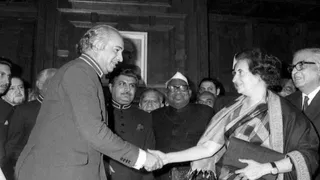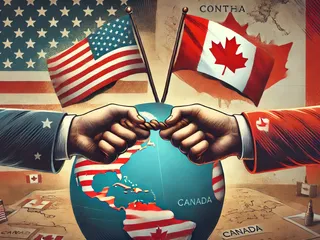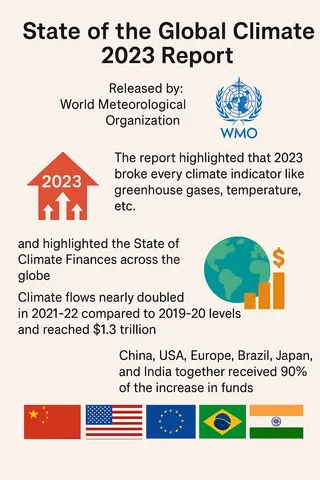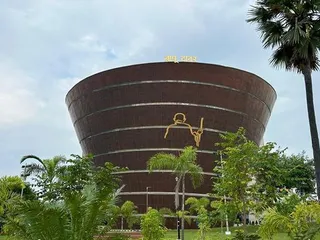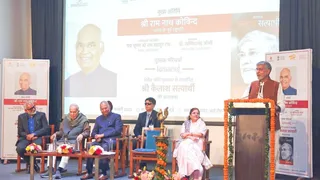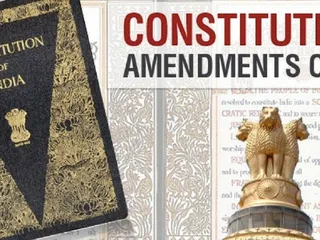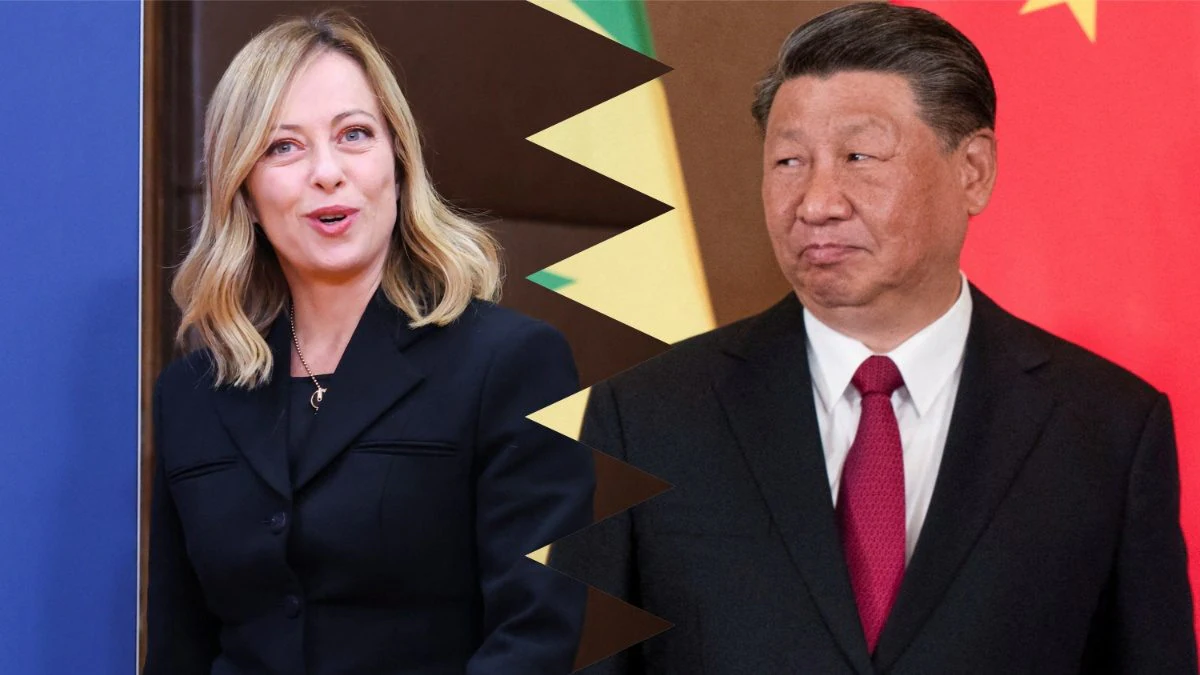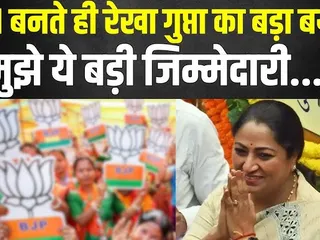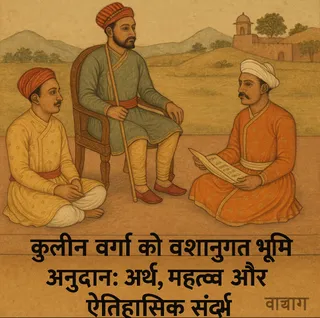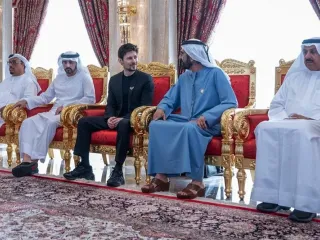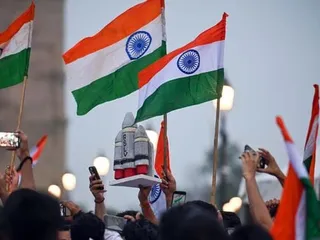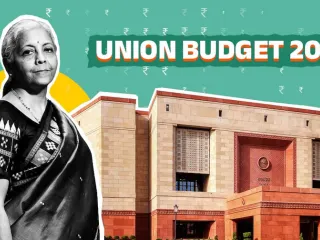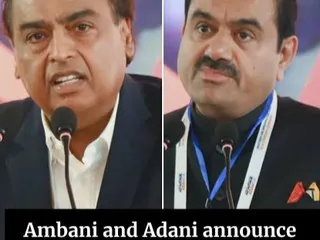The Poona Pact, signed on September 24, 1932, stands as a pivotal moment in India's struggle for independence and its impact on the nation's social landscape. This agreement, brokered between Mahatma Gandhi and Dr. B.R. Ambedkar, resolved a significant crisis stemming from the Communal Award announced by the British Prime Minister Ramsay MacDonald.
The Communal Award, declared in August 1932, proposed separate electorates for the Depressed Classes (later known as Scheduled Castes). This meant that members of these communities would elect their representatives to legislative bodies separately from the general electorate. While seemingly designed to provide representation, the proposal was deeply divisive. Dr. Ambedkar, a staunch advocate for the rights of the Dalits (the oppressed), initially accepted the award believing it was the only way to ensure some form of political empowerment for his community. However, this decision sparked widespread concern and opposition.
Mahatma Gandhi, deeply committed to Hindu-Dalit unity and against the idea of separate electorates which could potentially further marginalize the Dalits, vehemently opposed the Communal Award. He believed that separate electorates would perpetuate social segregation and hinder the progress of social harmony. He initiated a fast unto death to persuade Dr. Ambedkar to reconsider his stance. This powerful act of protest galvanized public opinion and put immense pressure on Dr. Ambedkar.
The ensuing negotiations, held in Poona (now Pune), led to the Poona Pact. This agreement ultimately replaced the separate electorates with a system of reserved seats for the Depressed Classes within the general electorate. This meant that while Dalit representatives would be elected, they would be chosen by voters from the general electorate, rather than exclusively by other Dalits. Furthermore, the Pact guaranteed representation for the Depressed Classes that was proportionate to their population. This was a significant compromise, addressing Dr. Ambedkar's concern for representation while respecting Gandhi's desire for social unity. In return for this concession, Ambedkar secured several provisions like the removal of the discriminatory aspects of the earlier proposal.
The Poona Pact had far-reaching consequences. It showcased the power of negotiation and compromise in resolving complex social and political issues. It prevented a potential major communal rift and demonstrated Gandhi's profound influence on the political landscape. The agreement also highlighted Ambedkar's pragmatic approach, recognizing that while separate electorates might offer immediate political advantage, they would ultimately hinder the long-term progress of social integration for the Dalits.
The Poona Pact's impact on the drafting of the Indian Constitution was significant. The provisions for reserved seats and other measures for the protection of Scheduled Castes and Tribes were inspired, in part, by the principles enshrined in the Pact. The agreement remains a testament to the potential of dialogue and negotiation in resolving deep-seated social divisions and is a crucial element in understanding the socio-political development of India.
While the Poona Pact achieved a significant breakthrough, it's also important to acknowledge that the struggle for social justice and equality for marginalized communities continued beyond its signing. The legacy of the Pact remains a complex topic of discussion and analysis, highlighting both its successes and its limitations in addressing the multifaceted challenges of caste discrimination in India.

